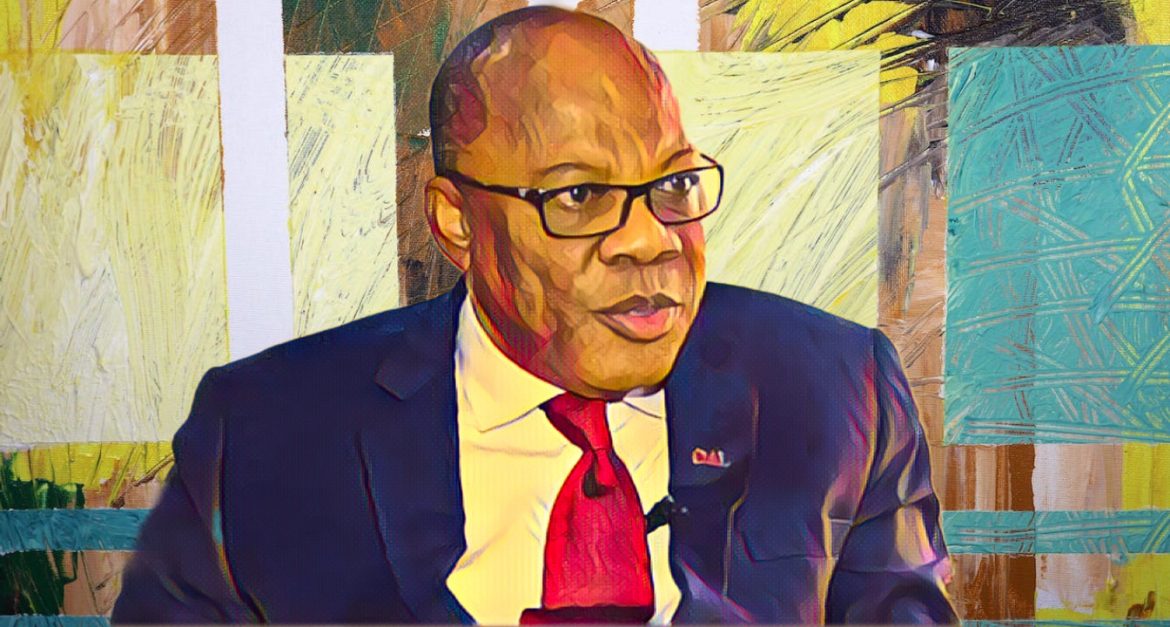A Senior Advocate of Nigeria (SAN), Dr. Olisa Agbakoba, criticized the push for creating new states in the Southeast. He described the proposal as a misplaced priority.
Agbakoba, a former President of the Nigerian Bar Association (NBA), shared his views in an interview with the News Agency of Nigeria (NAN) in Lagos. Recently, the House of Representatives passed a bill seeking the creation of Etiti State from Abia, Anambra, Ebonyi, Enugu, and Imo states.
The bill, sponsored by Godwin Ogah and others, aims to ensure balanced regional development. Ogah argued that the new state would address the aspirations of the people and align with democratic principles of equity and inclusivity.
Additionally, some lawmakers and stakeholders have called for creating Anioma State from states in the South-South and Southeast regions. Senator Ned Nwoko stated that Anioma State would correct the marginalization of the Southeast, increase its population, and expand its resource base.
Reacting to these proposals, Agbakoba stated that Nigeria does not need more states. Instead, he suggested that lawmakers should focus on restructuring Nigeria into regional governments that reflect the country’s diversity.
Agbakoba argued that most of the existing 36 states are economically unviable and incapable of fostering infrastructural development. He said, “State creation in this harsh economic climate will lead to more National Assembly members, ministers, and local governments, inflating the cost of governance.”
Agbakoba highlighted the current economic challenges facing Nigerians, such as rising food prices and insecurity. He urged the National Assembly to return the country to regionalism by consolidating the 36 states into six to eight regions, each with its own leadership.
“This requires amending the 1999 Constitution or drafting a new one to accommodate this proposal,” Agbakoba stated. He argued that regional governments had previously operated successfully under leaders like Chief Obafemi Awolowo in the Southwest and Chief Michael Okpara in the Southeast.
Agbakoba acknowledged the desire for a sixth state in the Southeast for balance. However, he stressed that embracing regionalism would benefit Nigeria more significantly. He proposed that a regional system would enable economically unviable states to unite and become stronger entities.
“While the average person from the Southeast may support creating an additional state, anyone who considers the bigger picture can see that more states will not necessarily lead to development,” Agbakoba concluded.
He explained that the agitation stems from the belief that federal allocations are based on the number of states. Therefore, the Southeast feels it loses revenue with only five states. However, from a pragmatic development perspective, creating a sixth state will not address hunger, insecurity, poverty, and unemployment in the country.
Agbakoba emphasized the need to move away from state creation and embrace a regional system of government. This approach, he argued, would foster better governance and economic viability.
Agbakoba’s stance on state creation versus regional governance highlights a significant debate in Nigeria. While some push for new states to ensure equity and representation, others like Agbakoba believe that regional restructuring offers a more sustainable solution. As Nigeria continues to navigate its political landscape, the discussion on effective governance structures remains crucial.
Source: The Guardian


